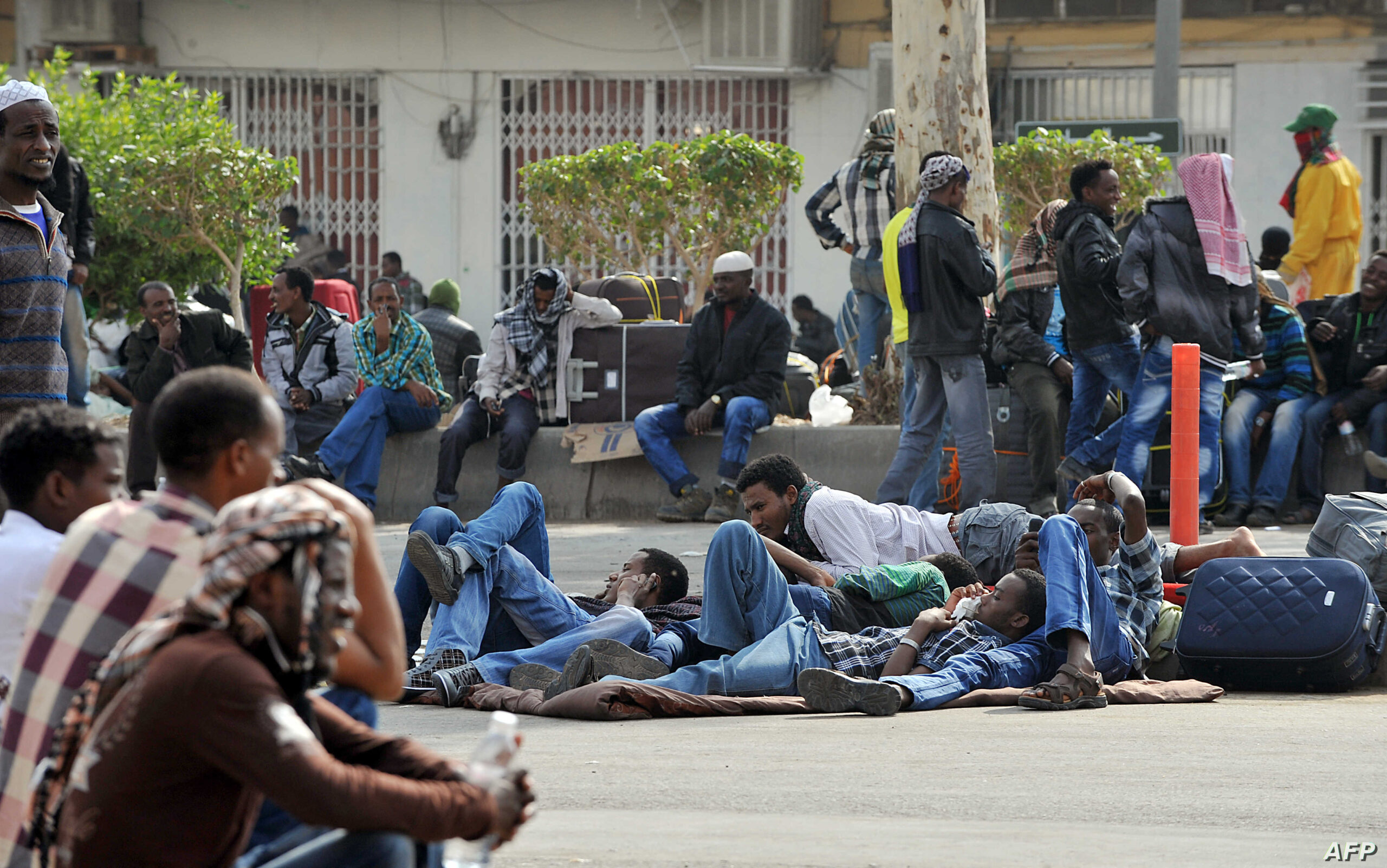
A group of UN Special Procedures expressed “deep concern” regarding the situations of migrant workers in Saudi Arabia last month. Those concerns, sent to the Kingdom via an official letter, cite allegations that many migrant workers in the country live in conditions of modern-day slavery and abuse. According to the experts, treatment of migrant labourers in the Kingdom amount to human rights abuses and put migrants "at the mercy of their employers.” The UN Special Procedures on the subjects of contemporary forms of slavery, the human rights of migrants, and trafficking in persons sent a letter to the Government of Saudi Arabia dated 7 June 2021, in which they transmitted allegations of severe human rights violations facing migrant workers in the Kingdom.
According to the allegations, many migrants are cheated out of the majority of their salaries by predatory hiring practices and often cannot understand the terms of the contracts that the government forces them to sign.
The allegations also state that women migrant workers are particularly vulnerable, and that many of them face sexual harassment and abuse. Further, because of Saudi Arabia’s official kafala policy, which forbids a migrant worker from obtaining an exit visa without the consent of his or her employer, many migrant workers are trapped in the Kingdom – and even trapped with abusive employers.
The experts additionally state allegations that migrants are suffering disproportionately from the effects of COVID-19, despite the government’s responsibility to ensure adequate living conditions.
The letter went on to cite two particular case studies, anonymized for the safety of those involved. The case studies paint a grisly picture of predatory hiring firms forcing recruits to work in slavery-like conditions, in which employees work grueling hours for little pay. The letter cites that, although Saudi Arabia has ratified the International Labour Organization’s Forced Labour Convention, the conditions in which migrants find themselves inside the Kingdom often amount to forced labour – a modern-day form of slavery.
The Special Rapporteur on Migrant Rights requested a country visit to Saudi Arabia in 2018, but has thus far not received a response from the Kingdom. However, the Special Rapporteur on Extreme Poverty visited the country in 2017. That visit found that women migrant workers face “mental, physical and sexual abuse” and are among the poorest persons in Saudi society. Four years later, the government does not appear to have addressed these issues.
ESOHR’s internal assessment of the situation of migrant workers in the Kingdom comports with that of the United Nations – and is perhaps even worse. In 2020, ESOHR authored a study finding that Saudi Arabia disproportionately executes migrant workers, especially for non-serious crimes such as drug smuggling, for which migrants make up nearly three quarters of all state killings. The government systematically refuses to repatriate the remains of those it executes, further augmenting the strife it causes their families.
“Saudi Arabia made promises last year that it would abolish the kafala system, but those promises remain to be implemented,” said ESOHR. “Meanwhile, migrants continue to be executed, while others live in squalid slavery. The government must honor its international commitments and immediately implement a new system that cares for all of those within its borders.”
